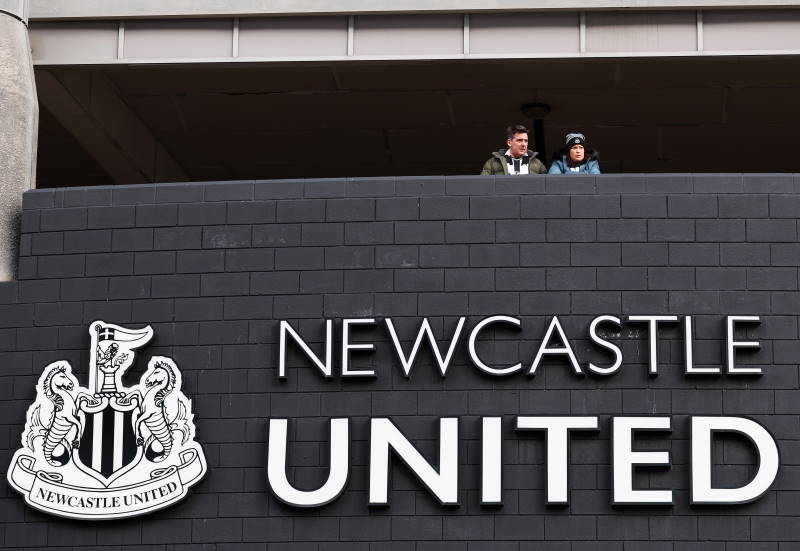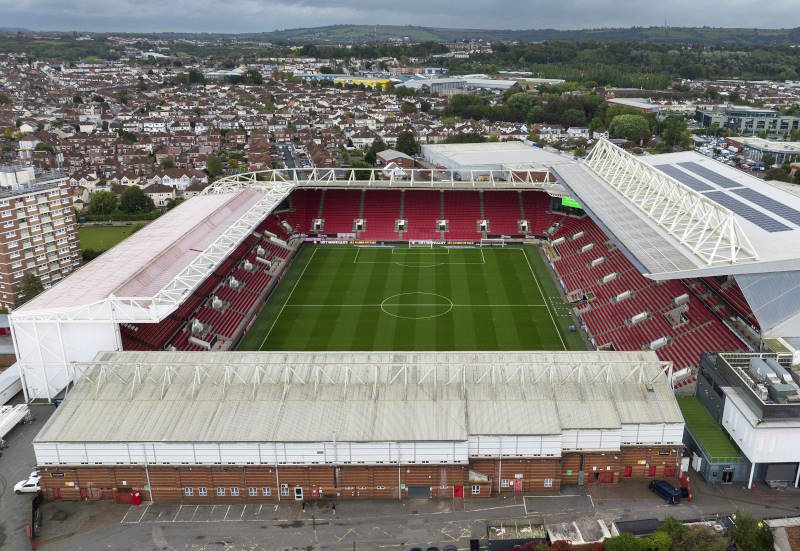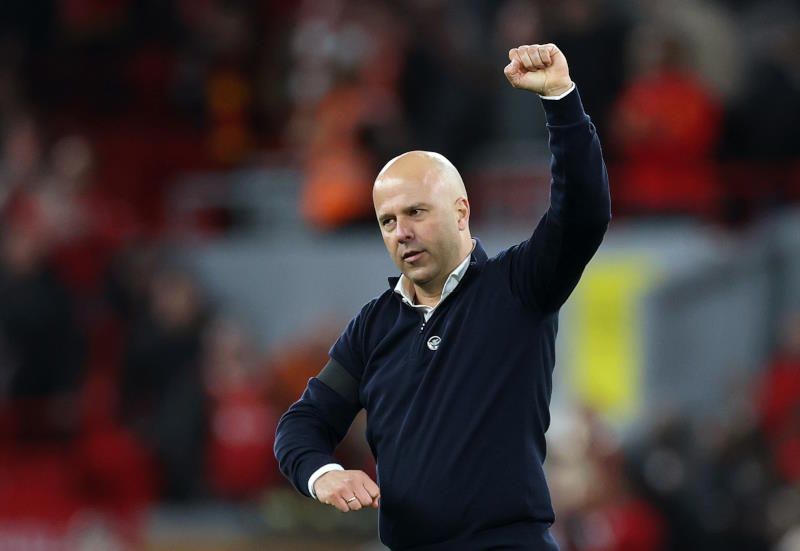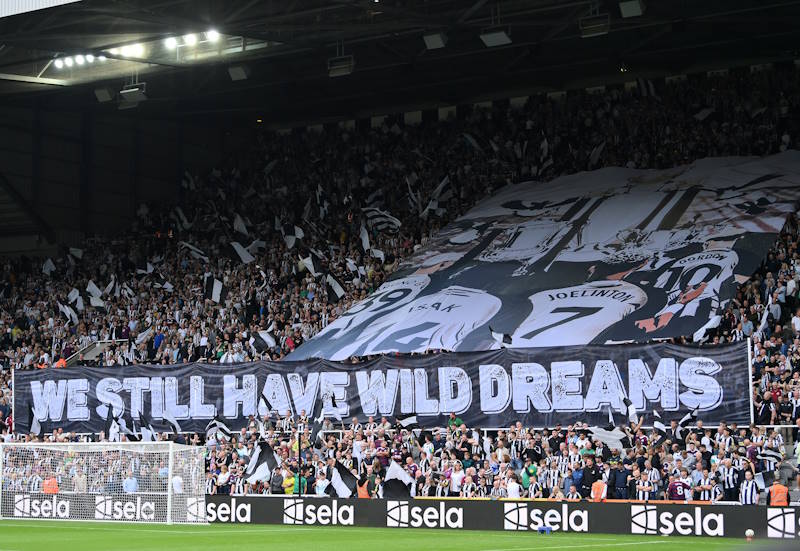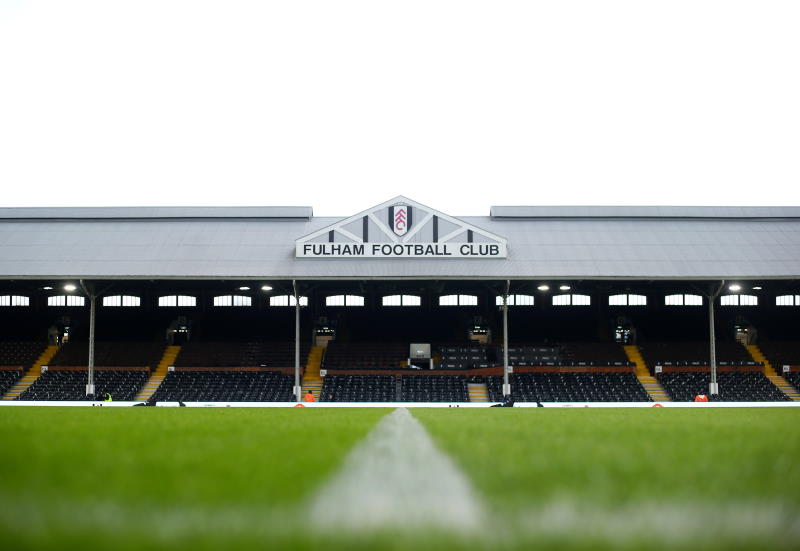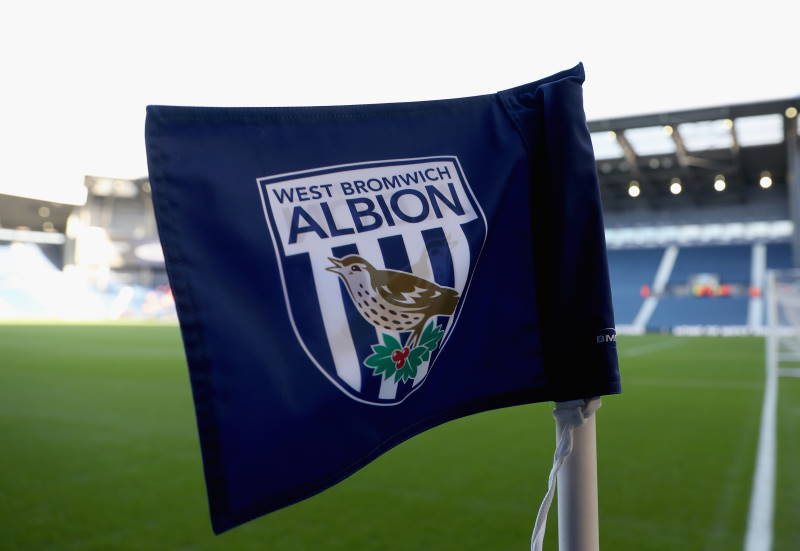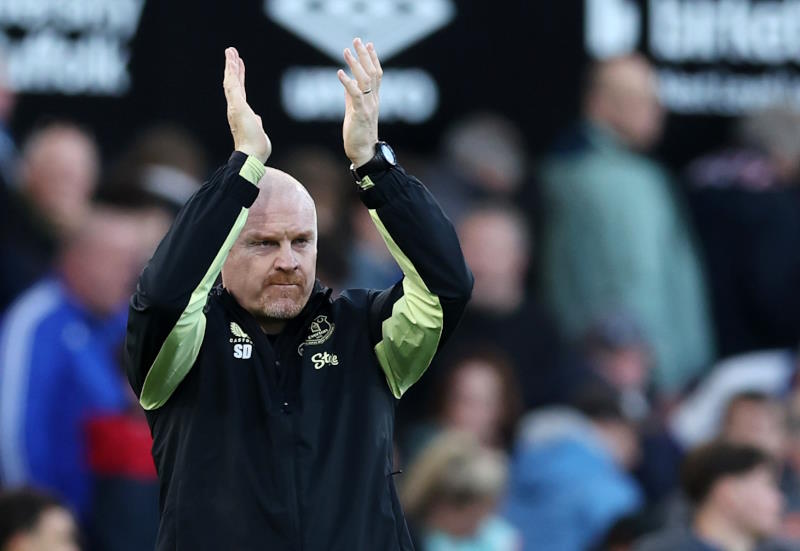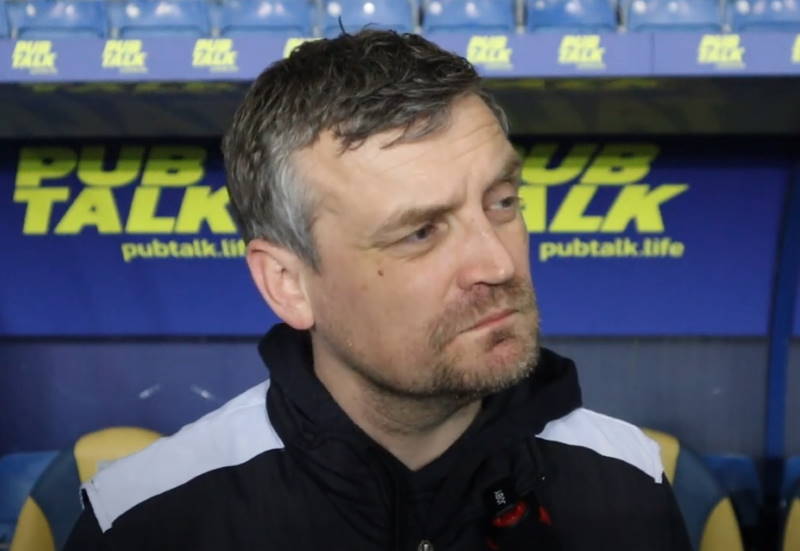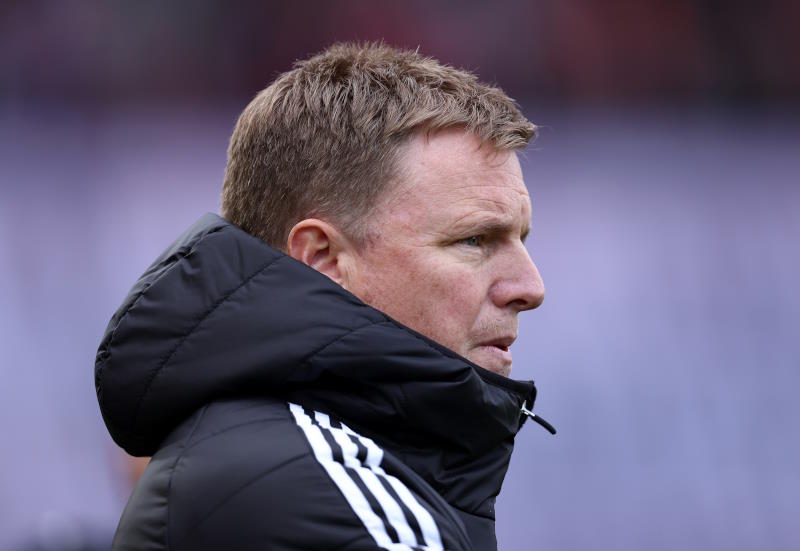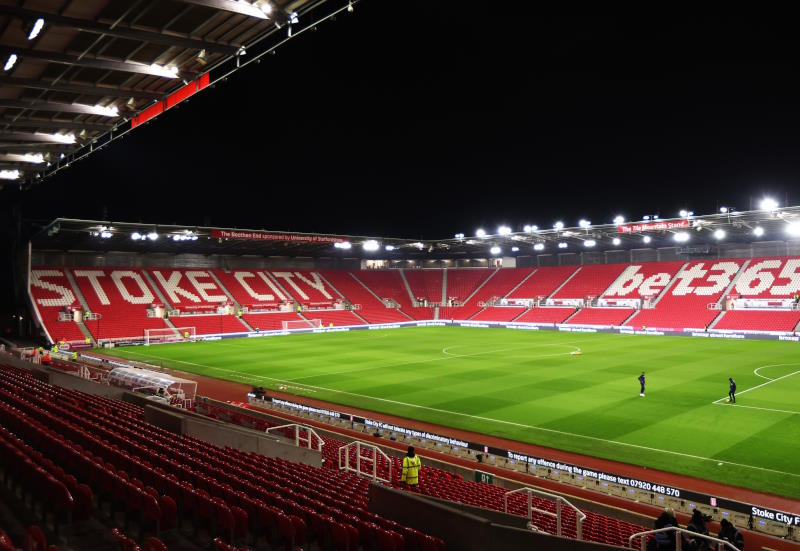
The pair meet at the Donbass Arena in Donetsk on 11th June, but France, unlike their English rivals, are in disarray over the status of their national coach beyond Euro 2012. For England, a new coach should be ready to lead the Three Lions to Poland/Ukraine and then beyond. But although France know Laurent Blanc will be in the dugout in Donetsk, it seems increasingly likely that he will be gone after the tournament.
A falling out with French Football Federation (FFF) President Noel Le Graet has led to speculation over the future of Les Bleus’ manager, with talk in the country that both ex-Lyon coach Paul Le Guen and Arsenal boss Arsene Wenger have been lined up to replace the former World Cup-winning defender. But even Le Graet is confused, it would seem, about what lies in store.
The France supremo said: “we will wait for the [Euros] and then we will see. With Blanc we don’t have a problem, the only point we are talking about is when to do something. Laurent wants to extend [his contract] before; I want to wait until afterwards. If the Euros are good, I hope we will keep him and I will make an offer.”
With the skilfully worded comment, Le Graet leaves himself a ‘get out clause’ with the ‘if’ in “if the Euros are good”, but ever the politician, days later the FFF president seemed to backtrack on that, fending off reports of a problem with Blanc.
“Maybe things have never been as good. I hope that Blanc stays as the head of the national team. This [a new contract] will be signed when we have had success and a good Euro.”
The words are not convincing. There is no guarantee that Blanc will remain, and Le Graet has made the FFF’s position clear; if Les Bleus do not have success, which the president has not defined, the former Bordeaux coach could be history. On the other hand, if France win the tournament, or gloriously fail in the final or semi-final, what will Blanc’s future be given what looks like a rift with his boss?
The only thing clear is that the situation is unclear. But how did things come to this? After the disaster that was the World Cup in 2010 and the final days of the tempestuous reign of Raymond Domenech, France seemed on the up. Blanc had rebuilt the team, and with Karim Benzema scoring regularly for Real Madrid, combined with a number of youngsters coming through – Yann M’Vila, Mamadou Sakho, Mathieu Valbuena – things were looking promising once more.
It has been mooted that Le Graet feels as though Blanc is too independent, particularly given the number of staff he has brought with him to the France coaching role. To say the relationship between the two is poor would be putting it mildly; the FFF chief has even complained that Blanc does not return his phone calls at times. And another gripe that the president has is that Blanc is revered by the media for his influential part in the 1998 World Cup winning team – French radio suggested that Le Graet sent a text to colleagues saying that they must finish with the “1998 generation.” One of those linked with the France job, but who has reportedly been ruled out, is Marseille coach Didier Deschamps; he is seen as too close to the 1998 lobby after captaining that side.
Some of that group have expressed their public support for Blanc during his reign, not least when he was almost forced out of his job last year amid ‘quota-gate’ – when a recording of a private FFF conversation to which he was party discussed limiting the number of ethnic minority players who could be at youth academies. Blanc was found not guilty and fought on.
The former Manchester United man though was of course appointed as national team coach to replace Domenech before the World Cup in 2010. Le Graet was elected to his post after that competition. Blanc was not the current president’s choice, and the wisdom is that he wants to bring in another coach to guide the team to the 2014 World Cup in Brazil and the following European Championships – due to be hosted in France. Victory on home soil would be a political coup for Le Graet, even though his influence on proceedings is limited. But what he can do is change the coach. And Blanc is only too aware of that fact. Alain Boghossian, one of those coaches brought in by Blanc, claimed he wanted a deal tied up by March as if he was to not have his contract renewed he wanted to be able to secure a move to a new club before the Euros.
Recently Blanc came out with the surprising line that France’s aim “is to win a match” at Euro 2012 in Poland/Ukraine, citing the disaster of the last World Cup as evidence that Les Bleus should not run before they can walk. The coach was also quite candid about the fact that it is Le Graet causing the contract impasse, reiterating his desire to organise an extension to his deal before the Euros, as well as to take the team to Brazil 2014.
Blanc’s future may end up resting on whether Le Graet finds a suitable successor. The ideal candidate, in French eyes, is Arsene Wenger, tipped recently by Lyon coach Remi Garde for the role. Wenger has often said international football is not for him, and it would be a surprise to see him take on the job. But then if Wenger did leave Arsenal – not unthinkable anymore – and went into international football, it would surely be the perfect post: All the promising young Frenchmen he wants and no-one telling him to spend. If Arsenal’s season comes to a disappointing end or Wenger feels the end of an era has been reached, it would give Le Graet the political cover to make the change.
Who in France would argue with Wenger taking over from Blanc? It would be a switch that would suit all parties. All that is, apart from Blanc, of course.

